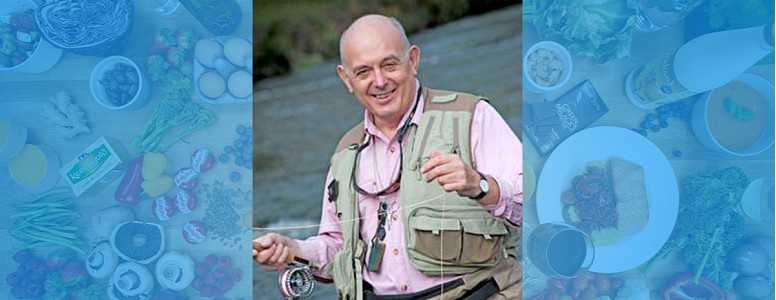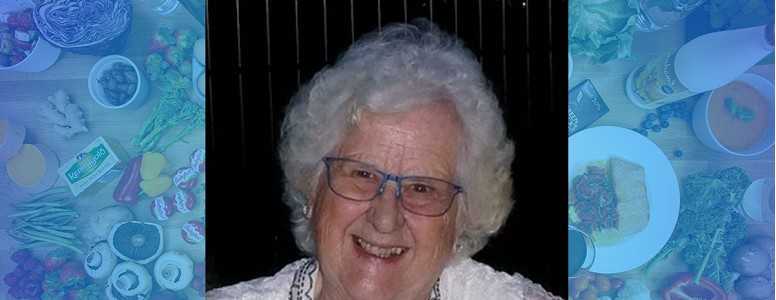Low Carb Program user Alberto Laidlaw decided he wanted to take back control upon being diagnosed with type 2 diabetes. Since going low carb, his HbA1c has come down and he’s lost 21lbs.
Alberto was diagnosed with type 2 diabetes in 2000 but struggled to control his blood glucose levels. He then began to develop symptoms of diabetic neuropathy (nerve damage).
“I used to eat an awful lots of carbs – my typical lunch would be soup and 2 or 3 chunky slices of bread and when I got home from work I’d usually snack on toast,” said Alberto.
“I decided in November last year that I wanted to take control and after doing some research found the Low Carb Program. I thought I’d been doing well the last 15 years until I learnt about the low carb lifestyle.”
Alberto had previously been following the NHS’ dietary advice of eating whole grains and fruit, and as a result consumed a lot of daily sugar. “I’d eat lots of bananas and grapes. I was also having porridge with honey and [a] banana for breakfast.”
Now, Alberto has replaced his high-carb breakfasts with bacon, tomato, mushroom and avocado, and the results have been impressive.
“My HbA1c dropped from 68 mmol/mol (8.4%) in November last year to 49 (6.6%) in February. I also lost 21lbs (9.4 kg) over 6 months, which has now plateaued.
“My blood pressure was relatively normal but has also improved. Overall I’m feeling a lot better for it and am optimistic about my next review in May, where I’ll look at reducing my medication.”
Alberto added that he found it surprising to observe how much sugar is in certain foods, and said he is consistently learning on his low carb journey.
“I’ve learnt that it helps to closely monitor your food, I used an online food tracker to help me do this. Read labels – there are lots of foods that you think are low sugar or sugar free but are actually still high in carbs. Also find alternatives – I like to use cauliflower as a substitute.”
You can read Alberto’s full story here.
Visit our News section for the rest of the success stories we have celebrated throughout Diabetes Awareness Month.
What's new on the forum? ⭐️
Get our free newsletters
Stay up to date with the latest news, research and breakthroughs.





